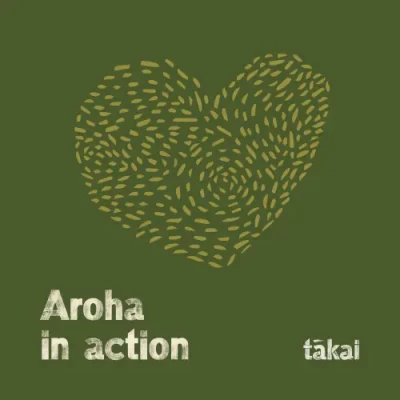
What’s happened to this child?
How understanding a child's past and wider situation can help you to understand their challenging behaviour, and how to support them.
A child’s challenging behaviour often triggers the question, ‘What’s wrong with this child?’
Labels such as ‘naughty’, ‘badly behaved’, ‘withdrawn’ and ‘uncooperative’ may be a sign that the child has missed out on some important aspects of early care.
More enlightening questions we might ask are:
- What’s happened to this child?
- Have they missed out on anything?
- Have they seen or heard things that were very scary or inappropriate?
- Could there be some areas that need strengthening in the care of this child?
- How can we help now?
- Are there any hints of past events that led to this current behaviour?
It can help to look at the whānau history.
If you're a whānau or social worker, what do their notes tell us? It’s important to keep well-written notes as you never know when you might need them so you can reflect on what’s really going on in the life of the whānau.
To find an appropriate strategy for working through the problem, use the 6 principles (ngā tohu whānau) and Ara Mātua parenting pathways to develop strategies and support systems, and discuss possible solutions with the whānau.
See the below table for examples of tamariki behaviour, what it might be being caused by, and how that relates to ngā tohu whānau.
|
Ngā tohu whānau |
What might have happened? |
Tamariki feelings and behaviour |
|
Te aroha me te mahana – Love and warmth |
Insecure attachment, loss of attachment figure, child removed from home, parental depression. |
Feel unloved, no internal controls, defiant, aggressive, negative self-concept, negative feelings. |
|
Te kōrero me te whakarongo – Talking and listening |
Not talked to, yelled at, verbally abused, called names, scolded, language barrier or hearing impaired. |
Poor verbal skills, screams, cries excessively, unable to express point of view, withdrawn. |
|
Te ārahi me te māramatanga – Guidance and understanding |
Authoritarian parenting, permissive parenting, neglect, abuse, parental anger, stressed, guilty or upset. |
Withdrawn, irritable, sadness, anxiety, poor skill development, learning to avoid being caught, limited success at school. |
|
Te tūāpapa mō te tika me te hē – Limits and boundaries |
Inappropriate expectations, anti-social attitudes, punishing, neglectful. |
Aggressive models create aggressive children, decreased moral internalisation, anti-social behaviour, regressive behaviour, fear adults. |
|
Te mahi pono — ngā hua me ngā hapa – Consistency and consequences |
Erratic parenting, neglect, double standards, custody and access issues, lack of parental supervision, parents have different expectations. |
Lashes out, unable to make friends, gets attention for inappropriate behaviour, complains of stomach aches, headaches, learns to inflict pain to control others, conduct problems. |
|
Te hanga ao tōtika, ao haumaru – Structured and secure world |
Financial difficulties, inadequate services, reluctance to ask for help, afraid to ask for help, transience, homelessness, had child removed from home, parent separation, dangerous neighbourhood, no whānau support, poverty. |
Fear of being separated from parents, hyper-vigilant, no sense of belonging. |
 pdf 5 MB
pdf 5 MB











